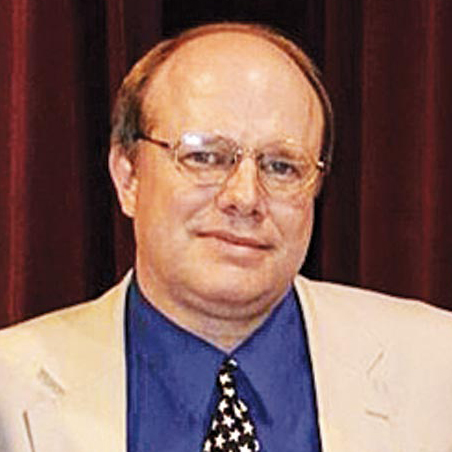The Practical Lawyer
August 1-7, 2016
Hinckley, bitcoins and Ginsburg
By Ethan C. Nobles
A lot of things have happened in the past week that are worthy of consideration in a legal column, so I’ll do things a little bit differently – take a look at three issues in this column instead of droning on about one as usual.
Reagan shooter released
Back in 1981, John Hinckley, Jr., picked up a gun and shot then President Ronald Reagan, Press Secretary Ronald Reagan, Secret Service Agent Tim McCarthy and Police Officer Thomas Delahant. Hinckley later claimed that he tried to kill Reagan in an attempt to impress Jodie Foster.
Not surprisingly, Hinckley was found not guilty by reason of insanity. Somewhat surprisingly, a U.S. District Judge in Washington, D.C., ruled that the time has come to release Hinckley to the care of his mother in Williamsburg, Va. He’ll have to stay within 50 miles of that location, cannot visit social media outlets, will still undergo therapy and is encouraged to engage in paid or volunteer work at least three days a week.
Hinckley was 25-years-old when he shot Reagan and is now 61-years-old. I can’t help but wonder – isn’t the fact he shot a president kind of a resume killer?
Bitcoins are not currency
In spite of the fact that bitcoins have been touted as some kind of super-duper, wonderful digital currency of the future, a Florida judge has ruled that it is not money.
For those unfamiliar, bitcoins are – in essence – used online to buy things. Some merchants accept them; most do not. A fellow in Florida was buying piles of the things at below market value and selling them at a profit.
The state of Florida decided that the fellow was breaking the law by operating an unlicensed money services business. So, officers set up a sting operation in which they purchased $1,500 worth of bitcoins from the man, yelled “gotcha!” and charged him.
There was only one problem – bitcoins aren’t considered to be currency. The judge who made that ruling stated the digital currency has a long way to go before it is considered to be currency.
Why’s this important? Undoubtedly, we’ll see the law evolve in the coming years should bitcoin – or some other form of digital currency – become more prevalent.
Ginsburg walks back anti-Trump statements
Supreme Court Justice Ruth Bader Ginsburg was criticized by some legal experts for criticizing Donald Trump, and all but telling people to run out and vote for Hillary Clinton.
There is a Code of Conduct for U.S. Judges that prohibits federal judges from getting mired in politics. That code does not apply to Supreme Court justices, but arguments were tossed around stating that – in essence – the judicial system loses a lot of authority if the public believes judges are motivated by politics when making decisions.
Ginsburg, apparently, has come around to that way of thinking and stated she regrets openly criticizing Trump.
Good for her.
Ethan C. Nobles is an attorney in Benton focusing on real estate, evictions, contracts, wills, trusts, incorporations, bankruptcy and other areas of law as the mood strikes. You can reach him at Ethan@NoblesLawFirm.com or visit him on the Internet at Nobles LawFirm.com.



